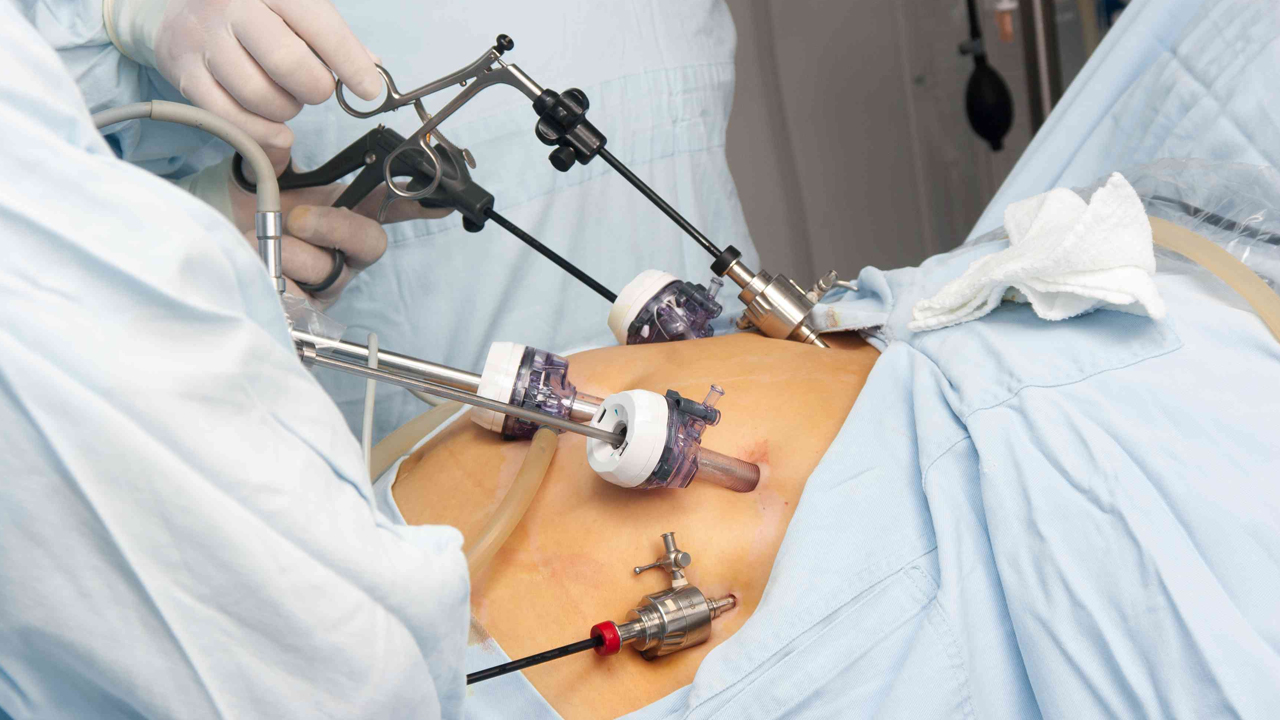Obesity is the root cause of many of our health-related problems. Many of us are aware of this fact and practice several weight loss methods. But extremely obese people find it difficult to attain the desired weight. In that case, bariatric or weight loss surgery is performed to help them out. Bariatric surgery is an operation on the digestive system. Nowadays a variety of weight loss surgeries are available, one needs to consult the right doctor as surgery depends on different individual factors (disease condition, age, etc). These surgeries aim at limiting the intake of calories and reducing the stomach size.
Who can opt?
Weight loss surgeries are lifesaving for some people. Bariatric surgeries are advisable only if the patient's weight puts him or her at risk of various medical issues. If a person is very much obese (weight loss techniques are unsuccessful) which increases the risk of obesity-related life-threatening health issues, only in that case, the doctor may advise bariatric surgery. Doctors suggest bariatric surgery based on the patient's physiological factors. The patient may need hospital admission for a few days.
A person with a body mass index (BMI) of 30 or more is considered obese. The doctor may consider bariatric surgery
-
when the patient’s BMI is more than 40
-
when the patient’s BMI is between 30-40 and is suffering from diseases like diabetes, high blood pressure, obstructive sleep apnea, and fatty liver disease.
Types of weight-loss surgeries
- Adjustable gastric banding
- Roux-en-Y gastric bypass
- Biliopancreatic diversion with a duodenal switch
- Vertical sleeve gastrectomy
Benefits of weight loss surgeries
- Reduces the risk of obesity-related diseases – Diabetes, hypertension, and OSA.
- Improves patient’s quality of life
- Increases lifespan of the patient
- Improves mental and physical health
- Prevents excess weight
- Helps in long-term weight loss.
Disadvantages of weight loss surgeries
- Unpleasant and inconvenient long-term and short-term complications.
- Short term complications – Wound infection, excessive bleeding, breathing problems
- Long term complications – malnutrition, abdominal hernia, nausea, vomiting, and diarrhea
- Serious complications – These are very rare. Blood clot in the lungs (pulmonary embolism), Bleeding ulcers, Heart attacks, Leak in the new surgical gut connections, Gallstones often require removal of the gallbladder, Vitamin deficiencies, poor absorption of nutrients, Sagging skin, which may require surgery to fix it.
(Disclaimer: The content on this site is for informational purposes only, and should not be taken as professional medical advice. Always seek the guidance of your doctor or other health professionals for any questions you may have regarding your health or a medical condition.)

 Weight loss or bariatric surgeries are an operation of the digestive system to lose some weight. It can be lifesaving as obesity invites several medical health issues. Do know more about its advantages and disadvantages.
Weight loss or bariatric surgeries are an operation of the digestive system to lose some weight. It can be lifesaving as obesity invites several medical health issues. Do know more about its advantages and disadvantages.










.jpeg)


.jpg)






.jpeg)



.jpg)


.jpg)




.jpg)


